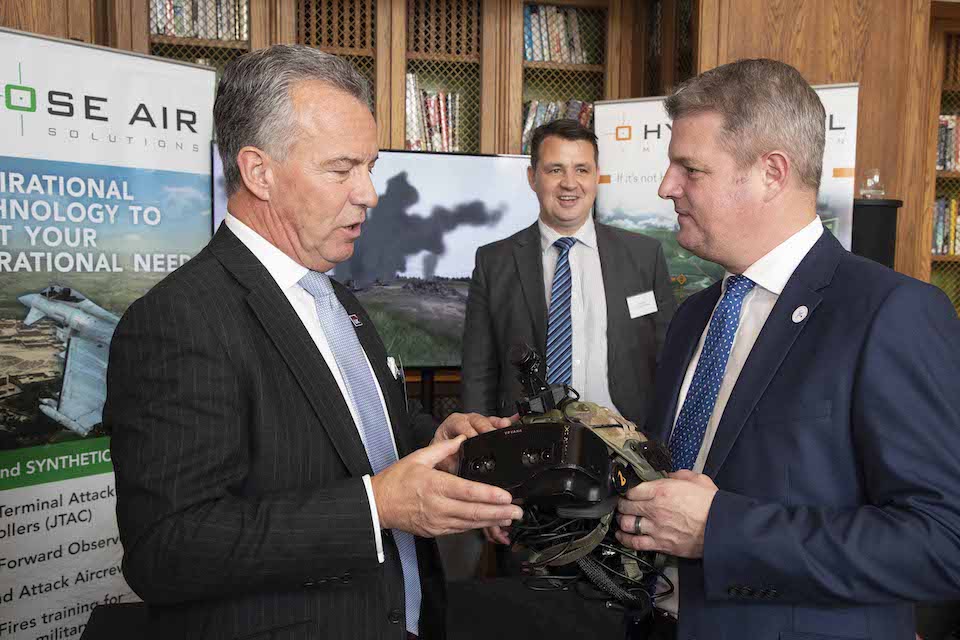News story: Scotland Secretary welcomes UK-wide Veterans Strategy
Produced jointly between the UK, Scottish and Welsh Governments, and including the Northern Ireland Office, the
Strategy for our Veterans
outlines a new vision and principles to support those who served, as well as their families.
The strategy identifies six key areas where support is most needed over the next ten years: community and relationships, employment and skills, health and wellbeing, finance and debt, housing, and contact with the law.
It assesses the barriers and opportunities in these areas to providing support to each veteran, including improved collaboration between organisations, better co-ordination of services and more robust data on the veteran community.
It is published alongside a UK Government consultation paper that seeks views on how best to champion and deliver the needs of the ex-service community. It will inform how the strategy could be implemented across the UK, except for devolved matters in Scotland and Wales. The Scottish and Welsh Governments will engage separately on devolved issues such as housing and healthcare.
Secretary of State for Scotland David Mundell said:
At a time of year when people of the UK have united to commemorate the end of World War One it is fitting that all four nations are working together to ensure our military veterans – many of who are from Scotland – are properly looked after.
This strategy is an important step towards making sure that the men and women who’ve selflessly served the UK and put their lives on the line for us have the best possible quality of life for them and their families.
Veterans Minister, Scotland, Graeme Dey said:
This UK-wide strategy for our veterans recognises our commitment to supporting our large and diverse veterans community, and making sure those leaving our Armed Forces receive the services and support they need to readjust to civilian life.
The strategy will help us build on the support already available to the veterans community in Scotland, across key areas like housing, healthcare and employment. We will consult with organisations across the public, private and third sectors, and with the Scottish Veterans Commissioner, over the coming months to help shape how we respond to veterans’ changing needs.
As part of the package of support for veterans, the Veterans’ Gateway’s 24/7 helpline will trial a new outreach service where it will proactively call those who have served, to check in on their wellbeing and remind them of where support can be found.
As a first step in better understanding the profiles and needs of veterans, a new question is being considered for addition to the 2021 Census in England, Wales and Scotland, that will allow ex-service personnel to declare their service. The move will help authorities develop a better understanding of where veterans live and work so the right level of support can be provided.
In September 2018 the National Records of Scotland set out the plans for the census in 2021, which included a new question on veterans to provide robust statistics on the size, location and profile of the veterans community in Scotland. The final decision on the content of Scotland’s Census 2021 questionnaire will be made by the Scottish Parliament.
The UK Government has also committed to understanding and improving how veterans are viewed by society. New research by YouGov, commissioned by the MOD and the Forces in Mind Trust , shows that while the public believes those who have served embody many positive characteristics – such as loyalty and self-discipline – common misconceptions that military veterans are more likely to be institutionalised or suffer from mental health issues remain.

